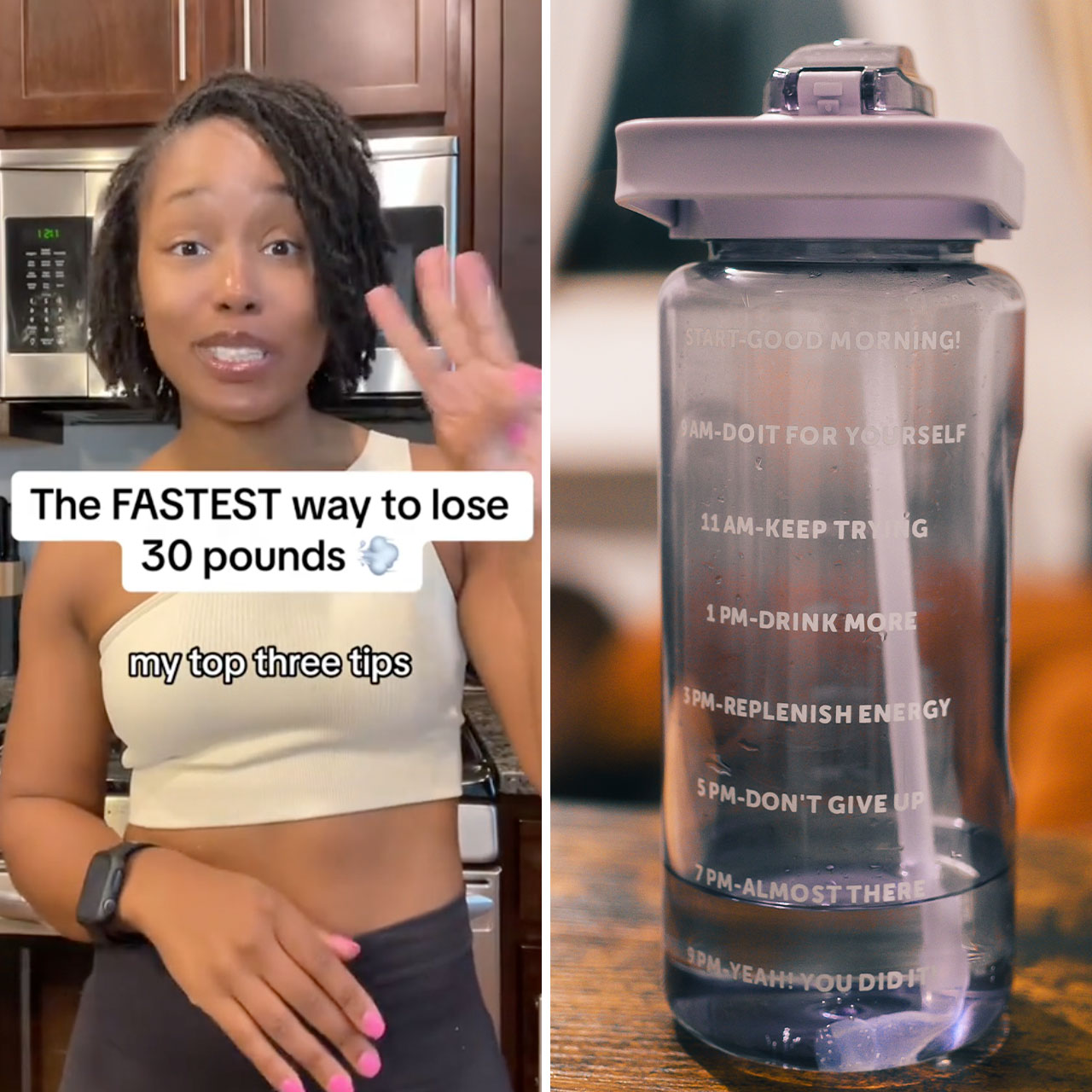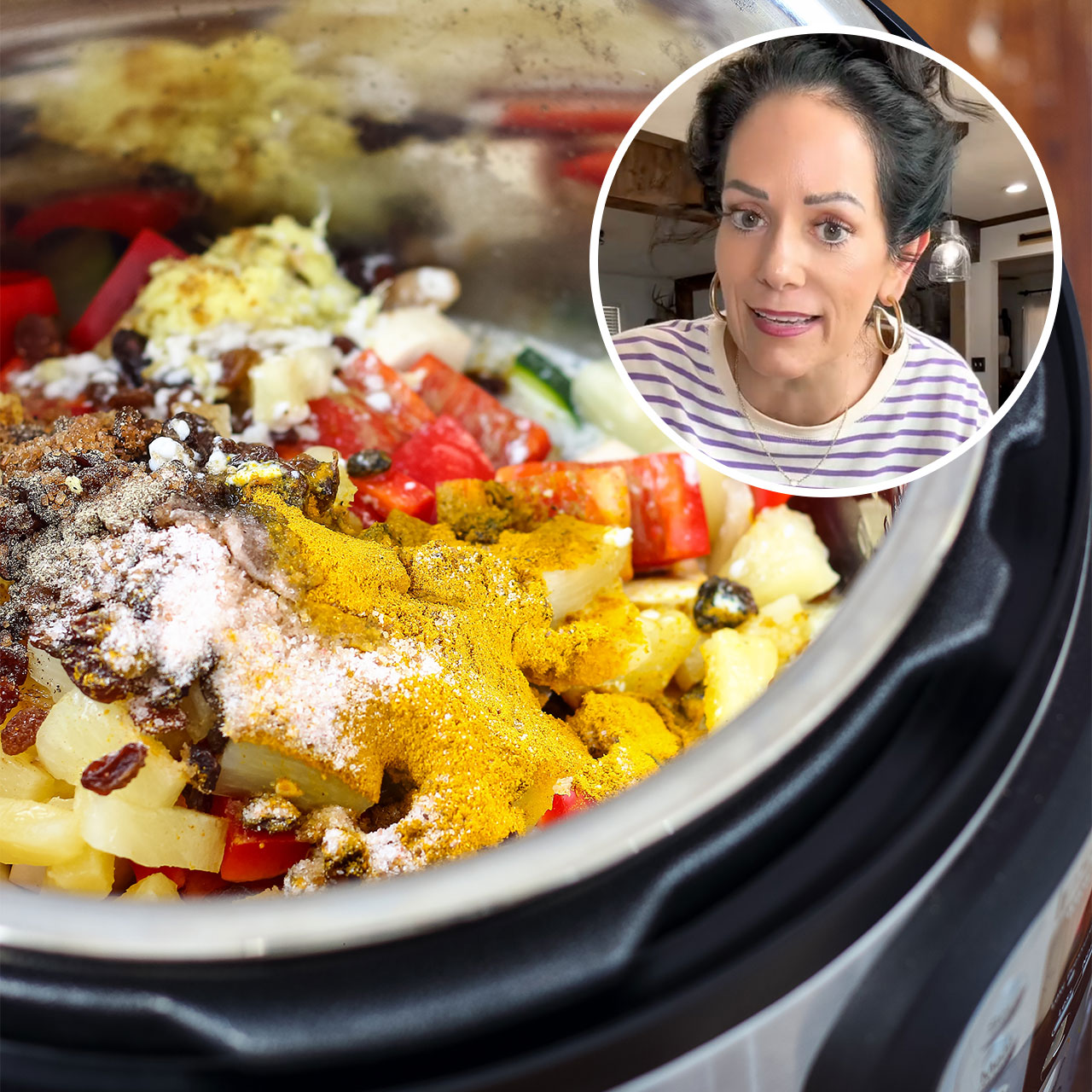This is an archived article and the information in the story may be outdated. Please check the time stamp on the story to see when it was updated last.
A healthy and functioning metabolism is one of the key factors that determines how easily you’ll be able to lose weight. While a slower metabolism may burn through fat at a lesser speed, forcing you to eat less calories within a day to create a deficit, a faster metabolism ensures that you can continue to eat the foods you love without being concerned about eating more than your calorie expenditure.
Food acts as fuel for the body, so it’s essential to improve the ease in which you can burn through such energy in order to actually lose weight. There are a number of ways that you can go about boosting your metabolism, but after consulting with health experts we pulled together the primary four steps you should be taking to boost fat burn for weight loss with ease.


Sleep More
Sleep is actually one of the most important factors that determines your overall health, and it can have an even bigger impact on your weight than you may have imagined. “Sleep is crucial for our well being, and lack of sleep can put us at higher risk of obesity. Sleep deprivation has negative effects on metabolism, as it’s connected with higher blood sugar levels and insulin resistance,” explains Kristina Hendija, MD. “That said, lack of sleep can put us at higher risk of diabetes type 2, but also boost the production of hunger hormone ghrelin and decrease the production of leptin (which signals us we’re full).” Making sure to get a full 7-8 hours each night is one of the best ways to keep cravings at bay and boost your metabolism over time.

Exercise Regularly
It’s no secret that exercise is essential for healthy weight loss, but working out can actually help to increase fat burn in the body even outside of your exercise period. “HITT is most effective at fat burning but exercise does increase metabolism during and after the work,” says clinical dietitian Nancy Courduff. In addition, weight training may also make a profound difference in your body in combination with HIIT. “Muscle is more metabolically active than fat so the more muscles you have, the higher your metabolism and the more calories you burn,” says Courduff. Try working out 3-5x a week for at least 30 minutes each session to see the best results.

Protein-Rich Foods
Knowing which foods to stay away from is just as important as knowing which to stock up on, if collagen production is a concern. “Sugar and refined carbs can damage collagen,” Dr. Vergara-Wijangco says. “To help your body do its best production of collagen, you can’t go wrong with high-collagen animal or plant foods or vitamin and mineral-rich fruits and vegetables. And if you don’t like the foods listed, remember there’s no one source. A diet full of protein-rich foods, whether from plant or animal sources, can help supply these critical amino acids. Other nutrients that aid the process of collagen production include zinc, vitamin C, and copper. So, fruits and vegetables high in vitamins and minerals are also a friend to supple skin.”

Eggs
Rise and shine — and don’t skip breakfast, especially if you plan on poaching or scrambling eggs.
“Although eggs don’t contain connective tissues like many other animal products, egg whites do have large amounts of prolineTrusted Source, one of the amino acids necessary for collagen production,” Dr. Vergara-Wijangco says.


























